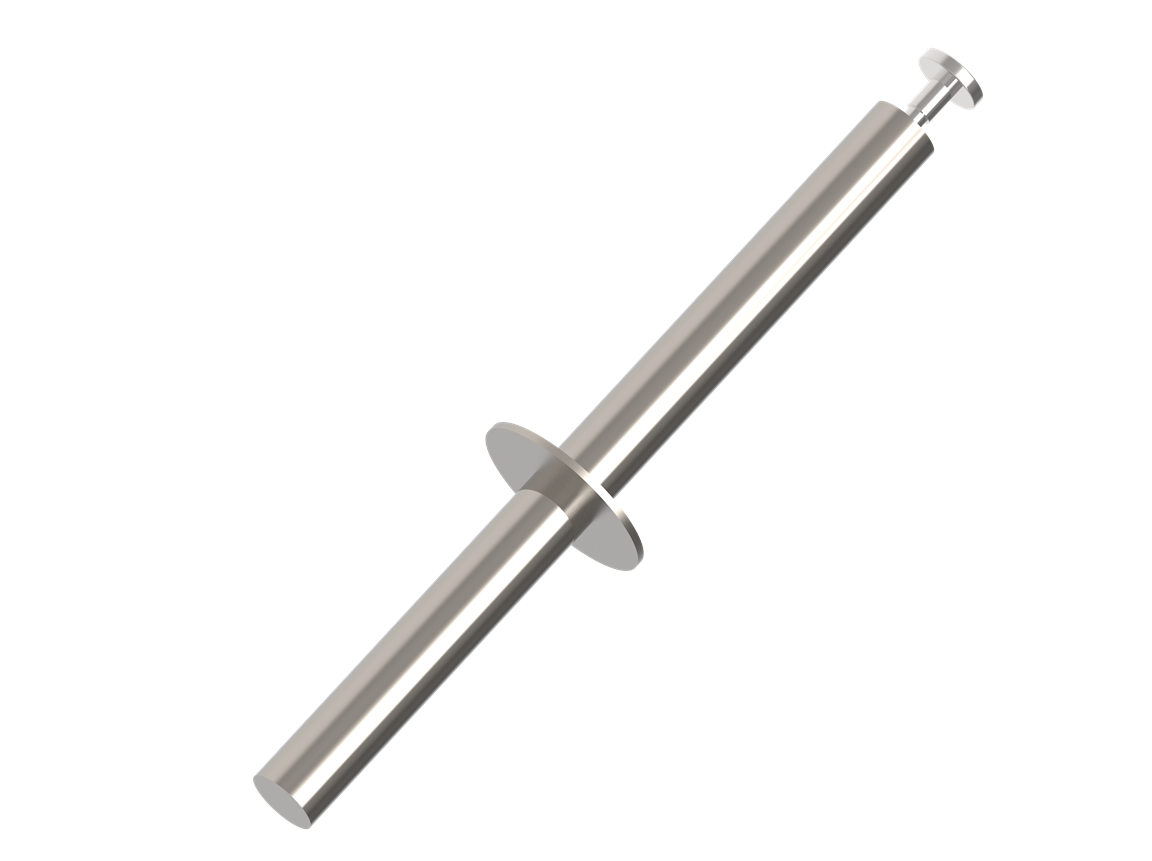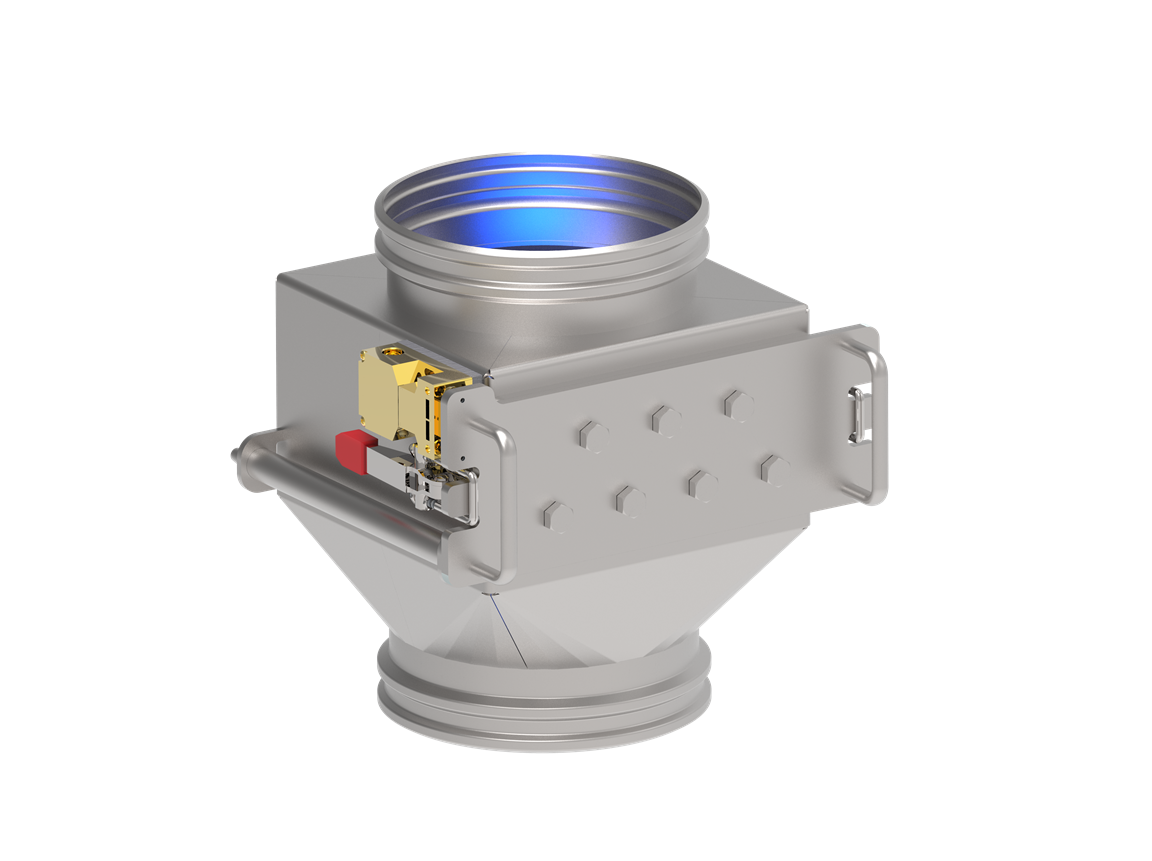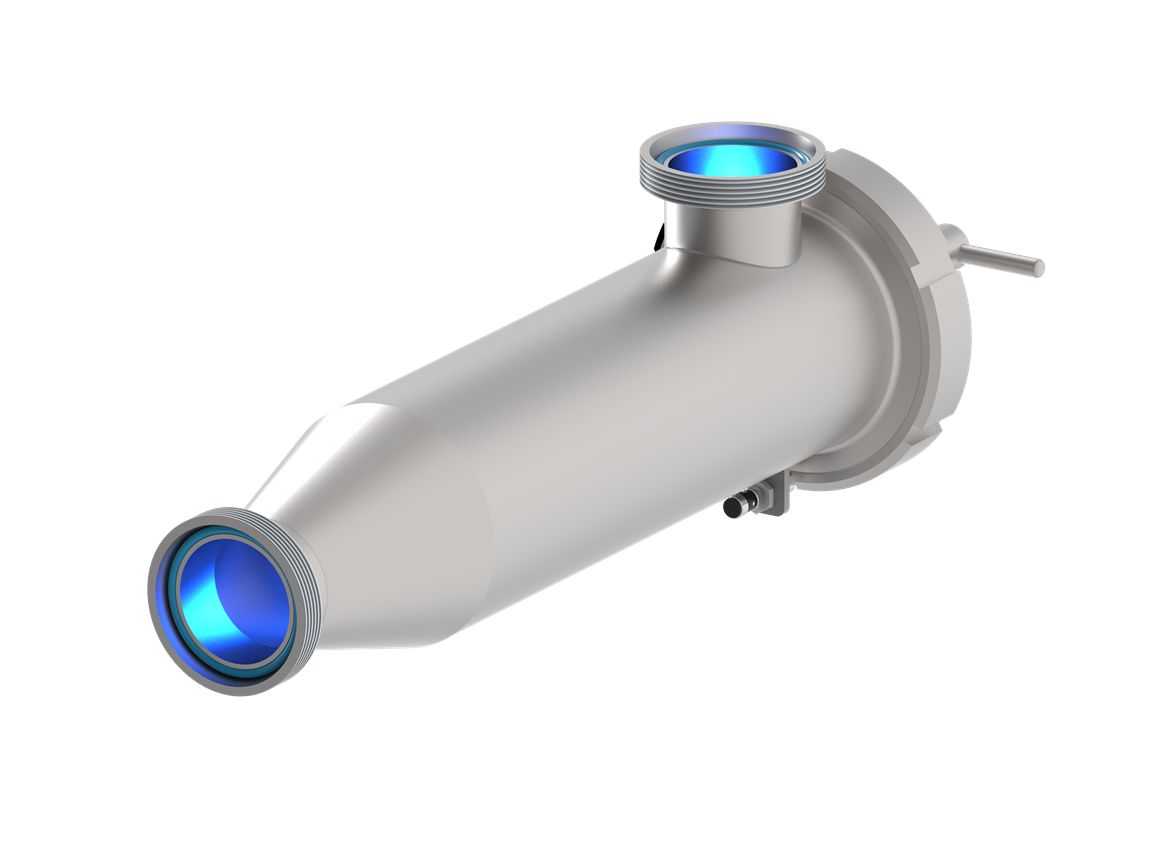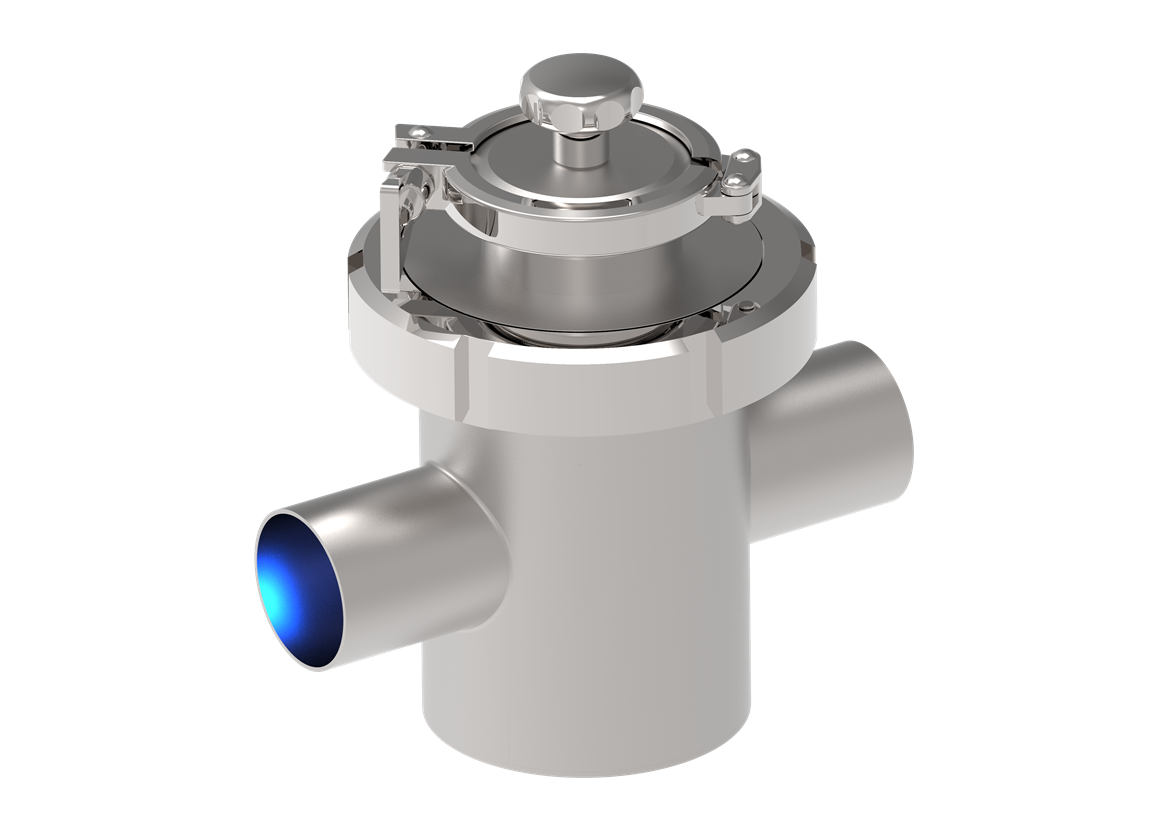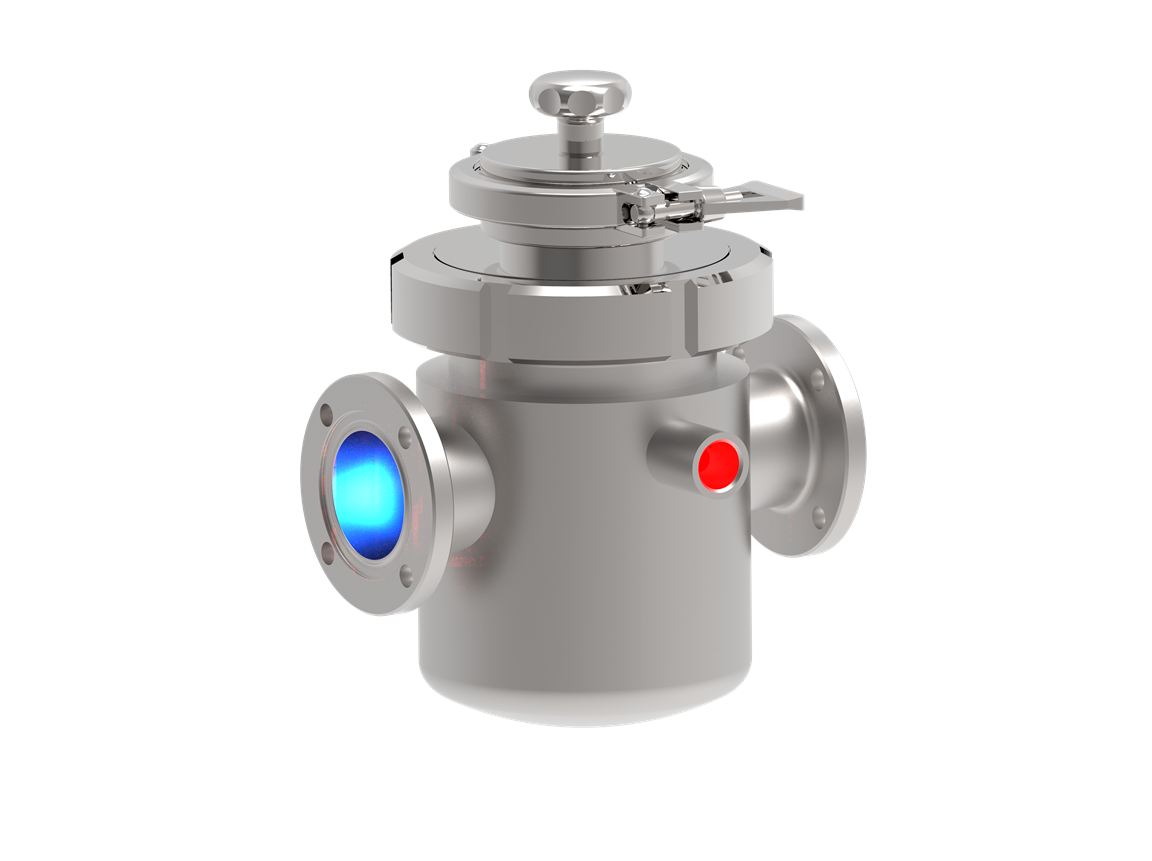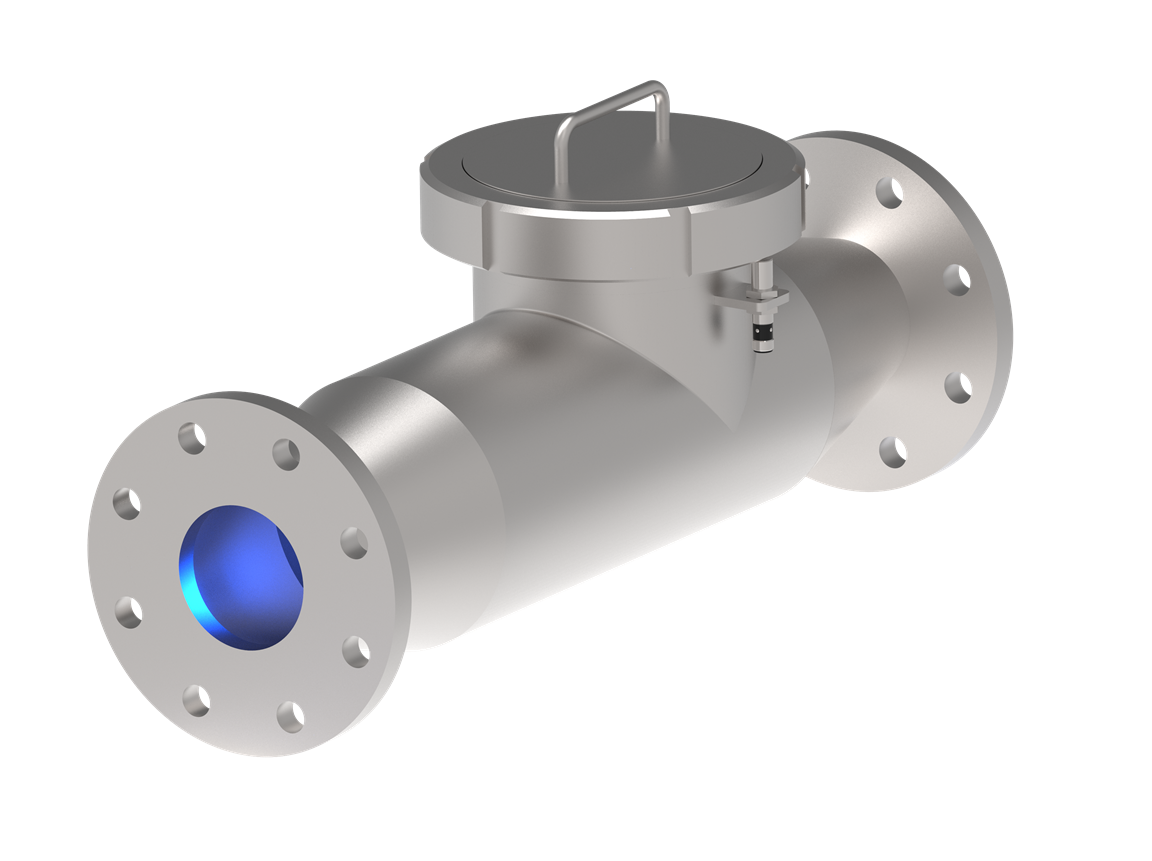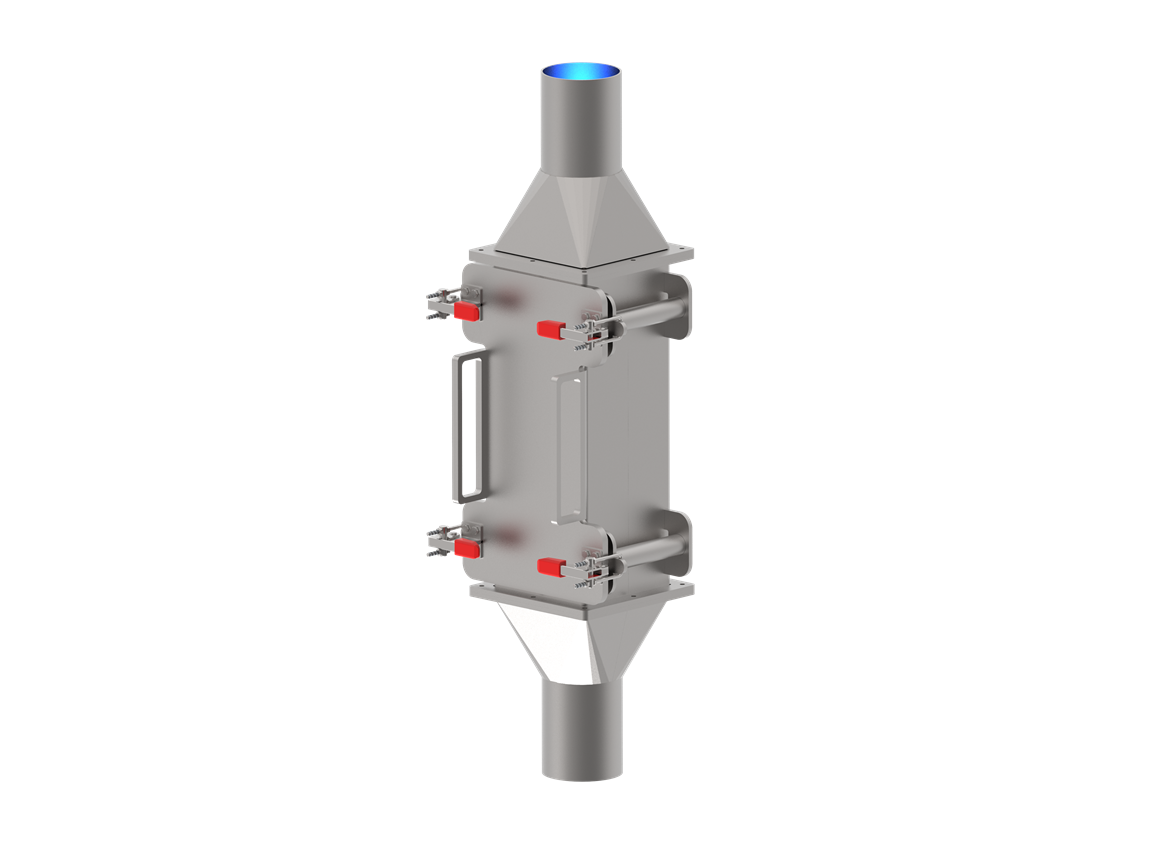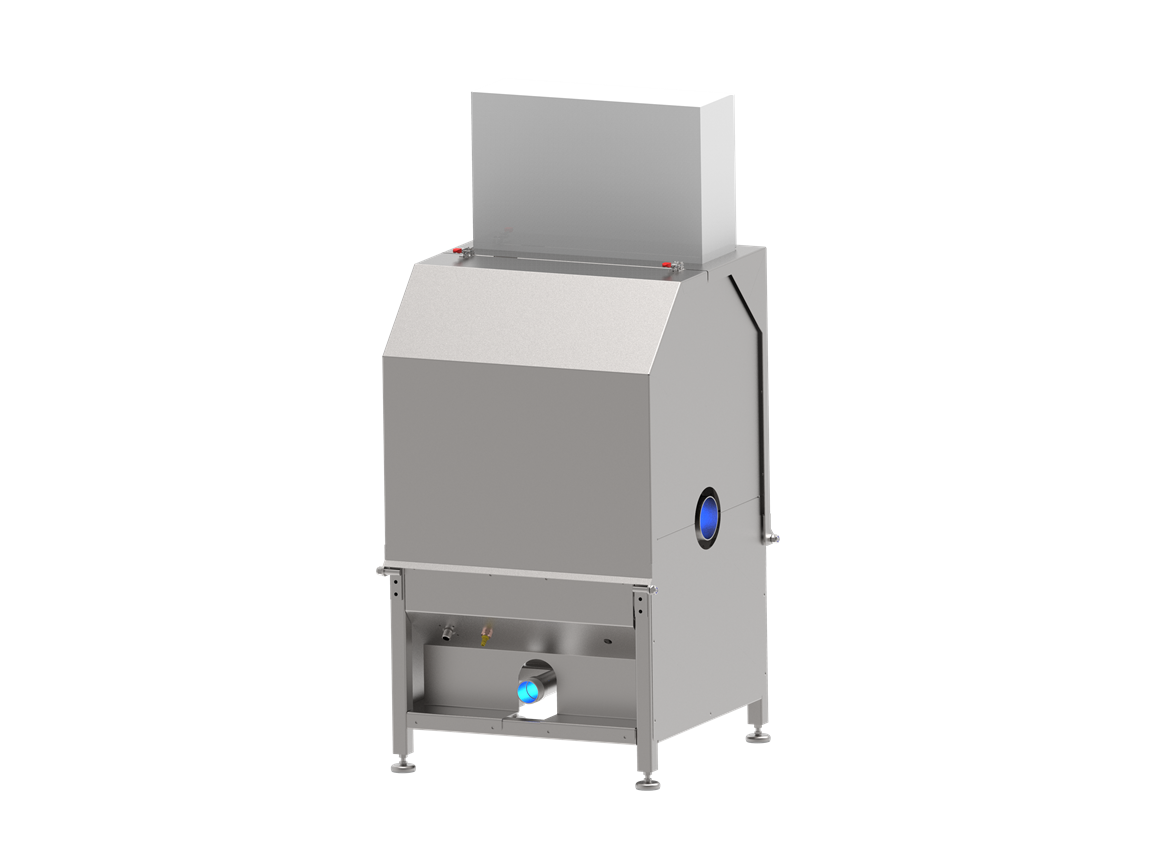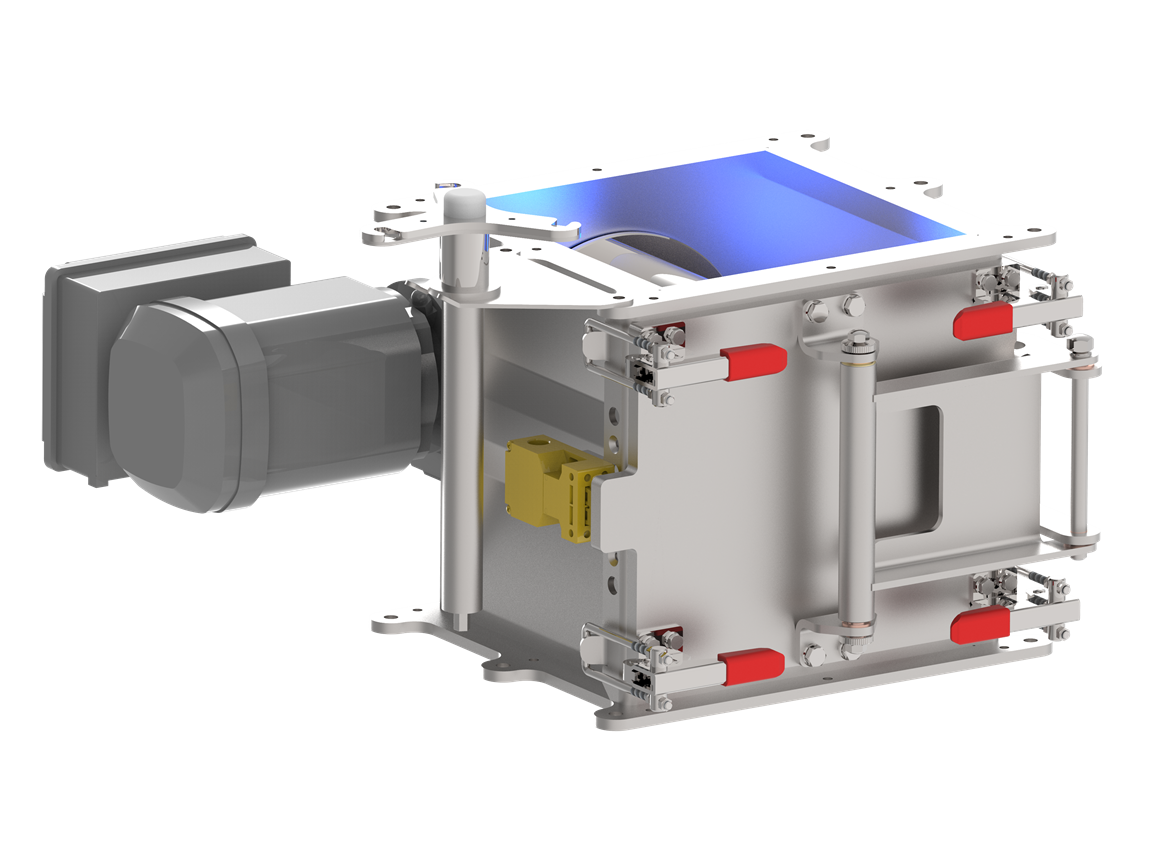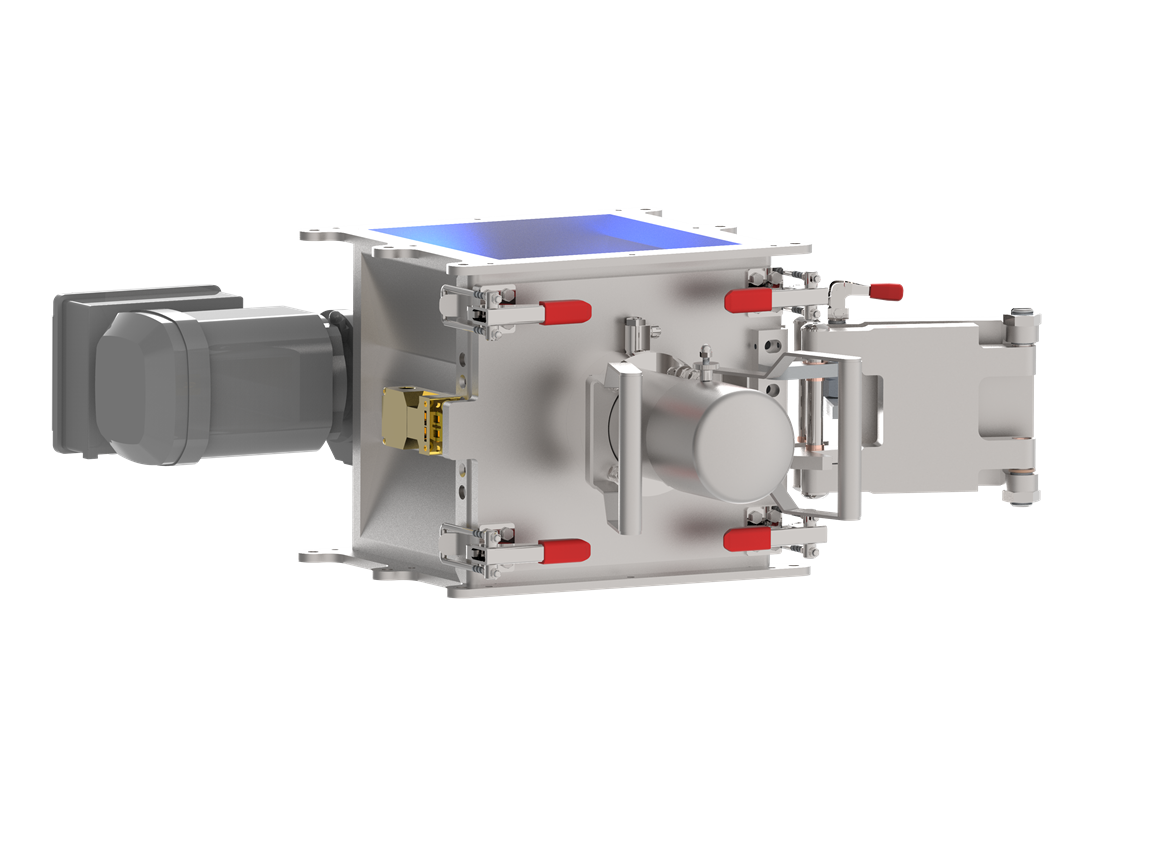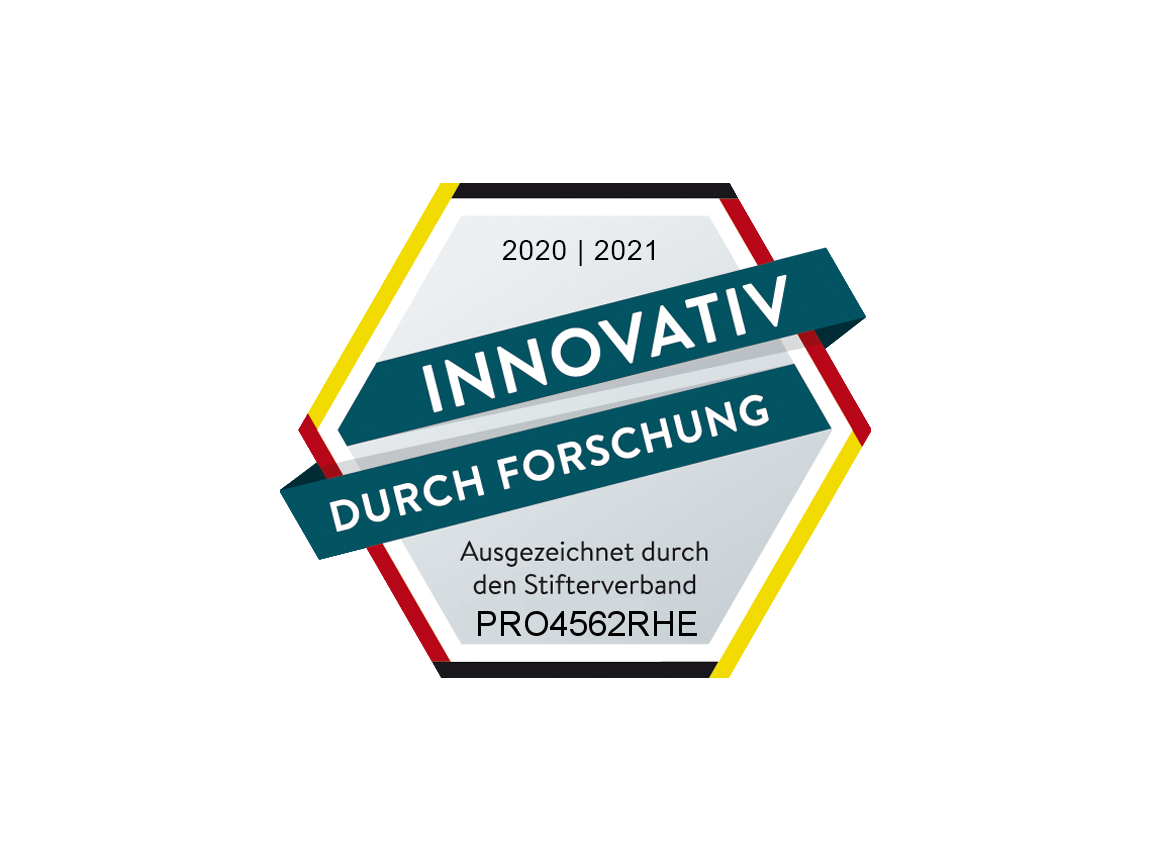Data protection
Name and address of data controller
The data controller within the meaning of the General Data Protection Regulation and other national data protection laws of the member states as well as other data protection regulations is:
Procema GmbH
Von-Wrangell-Str. 10
53359 Rheinbach
Germany
Tel.: 0049 (0) 2226-900695
Email: info@procema.de
Website: www.procema.de
Name and address of the data protection officer
The data protection officer for the data controller is:
Thomas Reinhold / Werner Prell
Von-Wrangell-Str. 10
53359 Rheinbach
Germany
Tel.: 0049 (0) 2226-900695
Email: info@procema.de
Website: www.procema.de
General information on data processing
Scope of processing of personal data
We collect and use personal data on our users only insofar as this is necessary for the provision of a functional website and our content and services. The collection and use of personal data relating to our users only takes place after the consent of our users is given. An exception applies in those cases where it is not possible to obtain consent in advance for practical reasons, and the processing of data is permitted by statutory regulations.
Legal basis for processing personal data
Provided we obtain the consent of the data subject for the processing of personal data, Art. 6, para. 1a) of the EU General Data Protection Regulation (GDPR) serves as the legal basis.
When processing personal data which is necessary for the performance of a contract to which the data subject is party, Art. 6 para. 1b) of GDPR serves as the legal basis. This also applies to processing operations which are necessary for the performance of pre-contractual matters.
Where processing of personal data is necessary to comply with a legal obligation to which our company is subject, Art. 6 para. 1c) GDPR serves as the legal basis.
In the event that the vital interests of the data subject or another natural person make the processing of personal data necessary, Art. 6 para. 1d) of GDPR serves as the legal basis.
If the processing is necessary to protect the legitimate interests of our company or a third party, and if the interests, fundamental rights and fundamental freedoms of the data subject do not override the first-mentioned interests, Art. 6 para.1f) serves as the legal basis for processing.
Erasure of data and storage period
The data subject’s personal data shall be erased or locked as soon as the purpose of storage ceases to apply. Storage may also take place when this is stipulated by European or national legislators in Union regulations, laws or other rules to which the data controller is subject. Data shall also be locked or erased when the storage period prescribed by the standards referred to expires, unless a need exists for continued storage of the data for conclusion or performance of a contract.
Provision of the website and creation of log files
Description and scope of data processing
Each time our website is called up, our system automatically collects data and information from the computer system of the computer calling up the site.
The following data are collected:
1. Information on the browser type and the version used
2. The user’s operating system
3. The user’s Internet Service Provider
4. The user’s IP address
5. Date and time of access
6. Websites from which the user’s system accesses our website
7. Websites which are called up by the user over our website
The log files contain IP addresses or other data which enable them to be associated with a user. This may be the case, for example, if the link to the website from which the user accesses the website, or the website to which the user switches, contains personal data.
These data are also stored in the log files on our system. These data are not stored or linked with other personal data belonging to the user.
Legal basis for data processing
The legal basis for temporary storage of these data is Art. 6 para. 1f) GDPR.
Purpose of data processing
This temporary storage of the session ID by the system is necessary to enable delivery of the website to the user’s computer. For this reason the session identification (ID) must be stored for the duration of the session. This takes place in the form of so-called session cookies.
The data are saved in log files in order to ensure the proper function of the website. These data are also used to optimise our website and to guarantee the security of our information technology systems. In the event of errors or attacks, these data help to contain the cause of the error. The data in the log files are automatically erased from the host system after approximately 2 months.
No evaluation of these data for marketing purposes takes place in this context.
These purposes also include our legitimate interest in data processing in accordance with Art. 6 para. 1f) GDPR.
Duration of storage
The data are erased as soon as they are no longer necessary to achieve the purpose for which they were collected. In the case of collection of data for providing the website, this is the case when the respective session has ended.
In the case of storing the data in log files, this is the case after 60 days at the latest. Further storage is possible. In this case the user’s IP address shall be erased or distorted so that it is no longer possible to associate it with the requesting client.
Option to object and request removal
The collection of data for provision of the website and the storage of data in log files is essential for the operation of the website. Consequently the user has no option to object.
Use of cookies
a) Description and scope of data processing
Our website uses cookies. Cookies are text files which are stored on the user’s computer system in the internet browser or by the internet browser. When a user calls up a website, a cookie may be stored on the user’s operating system. This cookie contains a distinctive character string which allows clear identification of the browser when the website is next called up.
We use cookies in order to make our website more user-friendly. Some elements of our website require that the browser calling it up can also be identified after a change of pages.
The following data is stored in the cookies and transmitted:
1. Language settings
2. Session ID
3. Flag
The term “flag” stands for cookies that contain only values such as 1, 0, true or false. For example, a flag is used to remember the click on the OK button in the cookie banner only for the current visitor. It would otherwise not be possible to uncheck the cookie banner.
On our website we also use cookies that enable analysis of the user’s surfing behaviour.
In so doing the following data are transmitted:
1. Date
2. Country from which the call originates
3. page called up
4. search terms entered
5. Length of stay on individual pages
6. use of website functions
The user data collected in this manner is pseudonymised by technical means. It is therefore no longer possible to associate the data to the user who called up the site. The data are not stored together with other personal data belonging to the user or associated with it.
When calling up our website, the user is informed of the use of cookies for the purpose of analysis by an info banner, and the data protection declaration is referenced. The data protection declaration also contains information on how the storage of cookies in the browser settings or add-ons may be prevented.
b) Legal basis for data processing
The legal basis for the processing of personal data by using cookies is Art. 6 para. 1f) GDPR.
Purpose of data processing
The purpose of the use of technically necessary cookies is to simplify the use of the website for the user. Some of the functions of our website cannot be provided without the use of cookies. It is necessary for these to be able to recognise the browser, even after a change of pages.
We use cookies for the following applications:
1. Shopping basket
2. Adoption of language settings
3. Bookmarking search terms
4. Bookmarking deactivated dialogues
Data collected by these technically necessary cookies is not used to create user profiles.
Analysis cookies are used for the purpose of improving the quality of our website and its content. We learn from the analysis cookies how our website is used, which enables us to continuously optimise our offering.
These purposes also include our legitimate interest in personal data processing in accordance with Art. 6 para. 1f) GDPR.
With the help of these various analysis parameters we are able to identify pages that, for example, lead to an increased bounce rate. The ensuing examination of the page may lead to an improvement of the individual page and as a result to improving the user experience.
e) Storage period, option to object and request removal
Cookies are stored on the user’s computer and from there transmitted to our pages. You, as user, therefore also have full control over the use of cookies. The transmission of cookies can be disabled or restricted by changing the settings in your internet browser. Cookies that have already been stored may be erased at any time. This can also be carried out automatically. If cookies are disabled for our website, it is possible that not all the functions of our website may be used to their full extent.
Registration or requests
Description and scope of data processing
On our website we offer users the option to register or to request information material by providing personal data. The data are entered in an input mask, transmitted to us and stored. The data shall not be forwarded to third parties. The following data are collected in the course of the registration process:
At the time of the registration or request, the following data is also collected:
Request for proposal
1. Title
2. Name
3. Company
4. Email and telephone number
5. Information on the service required
6. Message
7. Date and time of the request
As part of the handling process, the consent of the user to the processing of this data is obtained.
Legal basis for data processing
The legal basis for the processing of data is the consent of the user Art. 6 para. 1a) GDPR.
Purpose of data processing
The request by the user is necessary for the provision of the content and services required by the user. This comprises pre-contractual steps which are carried out on the basis of the user’s requirements.
Duration of storage
The data are erased as soon as they are no longer necessary to achieve the purpose for which they were collected.
For data collected during the request process this is the case when the request is made on our website and transmitted to us.
Option to object and request removal
You as user have the option to have the data relating to you that is stored amended or erased at any time.
Contact form and email contact
Description and scope of data processing
We provide a contact form on our website, which can by used to make contact electronically. If a user makes use of this option, the entry mask for the data entered is transmitted to us and stored. These data are:
• Title
• Name
• Telephone
• Message
• Date and time of request
As part of the submission process your consent shall be obtained for the processing of the data and the data protection declaration is referenced.
No data shall be forwarded to third parties as part of this process. The data are used solely for processing the conversation.
Alternatively, it is possible to make contact via the email address provided. In this case no user data is stored over the website.
Legal basis for data processing
The legal basis for the processing of data is the consent of the user Art. 6 para. 1a) GDPR.
Purpose of data processing
The processing of personal data from an entry mask is solely to allow us to establish contact. In the case of contact by email, this also constitutes the necessary legitimate interest in the processing of the data.
The other personal data processed during the submission process serves to prevent misuse of the contact form and to ensure the security of our information technology systems.
Duration of storage
The data are erased as soon as they are no longer required to achieve the purpose for which they were collected. For the personal data from the input mask on the contact form and those sent by email, this is the case when the respective conversation with the user has come to an end. The conversation has ended when it is implicit from the circumstances that the issue concerned has been conclusively resolved.
The additional data collected during the submission process shall be erased after a period of no more than 7 days.
Option to object and request removal
The user has the option to withdraw consent to the processing of their personal data at any time. If the user makes contact with us by email, an objection may be raised to the storage of personal data at any time. In such a case, the conversation cannot be continued.
All personal data stored in the course of establishing contact or by email shall in this case be erased.
External services, tools and plug-ins
Google Web Fonts
For the uniform presentation of fonts, this website uses “Google Fonts”, a service provided by Google. When you call up a page, your browser loads the required web fonts into your browser cache in order to be able to display text and fonts correctly.
For this purpose, the browser you use must establish contact with the Google server. Google thus obtains the knowledge that your IP address has called up our website. Google Web Fonts are used in the interests of providing a uniform and appealing presentation of our online offering. This represents a legitimate interest within the meaning of Art. 6 para. 1f) GDPR.
If your browser does not support Web Fonts, a standard font from your computer is used.
You can find further information on Google Web Fonts under developers.google.com/fonts/faq and in the Google Privacy Policy: www.google.com/policies/privacy/.
You can find further information on the handling of personal data in the Google Privacy Policy: www.google.de/intl/de/policies/privacy/.
Google Maps
This website uses the Google Maps map service over an API. The provider is Google Inc., 1600 Amphitheatre Parkway, Mountain View, CA 94043, USA.
It is necessary to store your IP address to enable you to use the functions of Google Maps. This information is usually transmitted to a Google server in the USA and stored there. The provider of this website has no influence over this transmission of data.
The use of Google Maps in the interest of providing an appealing presentation of our online offering and of making it easier to find the locations mentioned on this website. This represents a legitimate interest within the meaning of Art. 6 para. 1f) GDPR.
You can find further information on the handling of personal data in the Google Privacy Policy: www.google.de/intl/de/policies/privacy/.
Rights of the data subject
The following list shows all the rights of the data subject in accordance with GDPR. Rights which have no relevance to our website do not need to be mentioned. In this respect, the list may be shortened.
If your personal data is processed, you are a data subject within the meaning of GDPR, and you have the following rights towards the data controller:
Right of disclosure
You may request confirmation from the data controller as to whether we are processing personal data relating to you.
If we are processing such data, you may request the following information from the data controller:
(1) the purpose for which the personal data are being processed;
(2) the categories of personal data which are being processed;
(3) the recipient or categories of recipients to whom the personal data relating to has been or shall be disclosed;
(4) the planned duration of storage of the data relating to you or, if it is not possible to provide precise information on this, the criteria for determination of the duration of storage;
(5) the existence of a right to rectification or erasure of personal data relating to you, a right to restriction of processing by the data controller or a right to object to this processing;
(6) the existence of a right to appeal to a supervisory authority;
(7) all available information on the source of the data if the personal data were not collected from the data subject;
(8) the existence of an automatic decision-making process, including profiling in accordance with Art. 22 paras. 1 und 4 GDPR and – at least in this case – meaningful information about the logistics involved and the scope, and the intended impact of such processing for the data subject.
You have the right to request information on whether the personal data relating to you is transmitted to a third country or to an international organisation. In this context you may request information on the appropriate guarantees connected to the transmission in accordance with Art. 46 GDPR.
Right to rectification
You have a right to rectification and/or completion towards the data controller, if the personal data processed that relates to you is incorrect or incomplete. The data controller must carry out this rectification immediately.
Right to restriction of processing
Subject to the following conditions, you may request that we restrict the processing of the personal data relating to you:
(1) if you dispute the accuracy of the personal data concerning you for a period of time that enables the data controller to verify the accuracy of the personal data;
(2) the processing is illegal and you oppose the erasure of the personal data and instead request restriction of use of the personal data;
(3) the data controller no longer needs the personal data for the purpose of processing, but you need them to exercise, assert or defend legal claims, or
(4) if you have filed an objection against processing in accordance with Art. 21 para. 1 GDPR and are not yet certain whether the legitimate grounds of the data controller prevail over your legitimate grounds.
If processing of the personal data relating to you has been restricted, then this data may only be processed, apart from its storage, with your permission or for the exercise, assertion or defence of legal claims, or for the protection of the rights of another natural or legal person, or for reasons of a significant public interest of the EU or a member state.
If processing has been restricted in accordance with the above-mentioned conditions, we shall notify you before the restriction is lifted.
Right to erasure
Duty of erasure
You may request that the data controller immediately erases the personal data relating to you, and the data controller has a duty to erase such data immediately, if one of the following reasons applies:
(1) The personal data relating to you is no longer required for the purposes for which it was collected or otherwise processed.
(2) You withdraw your consent on which processing was based in accordance with Art. 6 para. 1a) or Art. 9 para. 2a) GDPR and there is no other legal basis for processing.
(3) You enter an objection to processing in accordance with Art. 21 para. 1 GDPR and there are no overriding legitimate grounds for processing, or you enter an objection to processing in accordance with Art. 21 para. 2 GDPR.
(4) The personal data relating to you was processed unlawfully.
(5) The erasure of the personal data relating to you is required to comply with a legal obligation under Union law or the law of the member state to which the data controller is subject.
(6) The personal data relating to you was collected in relation to services offered by the information society, in accordance with Art. 8, para. 1 GDPR.
Information to third parties
If the data controller has disclosed the personal data relating to you to and if he is obliged to erase the data in accordance with Art. 17, para. 1 GDPR, we shall, having regard to the technology available and the cost of implementation, take reasonable measures, including measures of a technical nature, to inform the data processor who processes the personal data, that you as the data subject have requested the erasure of all links to these personal data and of copies or replications of these personal data.
Exceptions
No right to erasure exists if processing is necessary
(1) to exercise the right to freedom of expression and information;
(2) to comply with a legal obligation which requires processing under the law of the Union or the member state to which the data controller is subject, or to carry out a task which is performed in the public interest or the exercise of official authority vested in the data controller;
(3) on grounds of public interest related to public health in accordance with Art. 9 para. 2h) and i), and Art. 9 para. 3 GDPR;
1. for archiving purposes in the public interest, for the purpose of scientific or historical research or for statistical purposes in accordance with Art. 89 para. 1 GDPR, if the law referred to under section a) is likely to make the fulfilment of the purpose of processing impossible or seriously impedes it, or
2.
3. for the assertion, exercise or defence of legal claims.
Right to information
If you have asserted the right to rectification or restriction of processing towards the data controller, the controller is obliged to inform all recipients to whom the personal data relating to you has been disclosed of their rectification or erasure, unless this proves impossible or it involves disproportionate effort.
You have a right to request towards the data controller to be informed about these recipients.
Right to data portability
You have the right to receive the personal data which you have provided to the data controller and that relates to you in a structured, standard and machine-readable format. You also have the right to transmit these data to another data controller without obstruction by the data controller to whom the personal data were provided, provided
(1) processing is based on consent in accordance with Art. 6 para. 1a) GDPR or Art. 9 para. 2a) GDPR or a contract in accordance with Art. 6 para. 1b) GDPR and
(2) processing is carried out using automated methods.
When exercising this right, you also have the right to request that the personal data relating to you is transmitted directly by one data controller to another data controller, provided this is technically feasible. The freedoms and rights of other persons must not be adversely affected by this.
The right to data portability does not apply to the processing of personal data required for the performance of a task carried out in the public interest or in the exercise of official authority assigned to the data controller.
Right to objection
You have the right, at any time, to object to the processing of the personal data relating to you in accordance with Art. 6 para. 1e) or f) GDPR for reasons arising from your particular situation; this also applies to profiling based on these provisions.
The data controller shall then no longer process the personal data relating to you, unless we can demonstrate compelling legitimate grounds for processing that outweigh your interests, rights and freedoms, or the processing is for the purpose of asserting, exercising or defending legal claims.
If the personal data relating to you is processed for the purpose of direct advertising, you have the right to object at any time to the processing of your personal data for the purpose of such advertising; this also applies to profiling if it is associated with such direct advertising.
If you object to processing for the purpose of direct advertising, the personal data related to you shall no longer be processed for this purpose.
Notwithstanding Directive 2002/58 / EC, you have the option, in connection with the use of information society services, to exercise your right to object by means of automated procedures that use technical specifications.
Right to revoke declaration of consent under data protection law
You have the right to revoke your declaration of consent under data protection law at any time. The revocation of your consent does not affect the legality of the processing that was carried out on the basis of the consent prior to revocation.
Automated decision in individual cases including profiling
You have the right not to be subjected to a decision that is based exclusively on automated processing, including profiling, where such decision has a legal effect or a similar significant adverse effect on you. This does not apply if the decision
(1) is necessary for conclusion or performance of a contract between you and the data controller,
(2) is permissible under the laws of the Union or the member state to which the data controller is subject, and these laws contain appropriate measures to protect your rights and freedom, as well as your legitimate interests, or
(3) is made with your express consent.
However, such decisions must not be based on special categories of personal data in accordance with Art. 9, para. 1 GDPR, if Art. 9, para. 2a) or g) does not apply and reasonable measures to protect your rights and freedoms as well as your legitimate interests have been taken.
With regard to the case mentioned in (1) and (3), the data controller shall take reasonable measures to protect your rights and freedoms as well as your legitimate interests, including at least the right of the data controller to obtain the intervention of a person, to state his own point of view and to challenge the decision.
Right to appeal to a supervisory authority
Irrespective of any other administrative or legal remedy, you have the right to submit an appeal to a supervisory authority, in particular in the member state of your place of residence, your workplace or the place of the suspected infringement, if you are of the opinion that the processing of the personal data relating to you is in breach of GDPR.
The supervisory authority to which the appeal has been submitted shall inform the complainant of the status and the conclusions of the appeal, including the option of a judicial remedy in accordance with Art. 78 GDPR.




